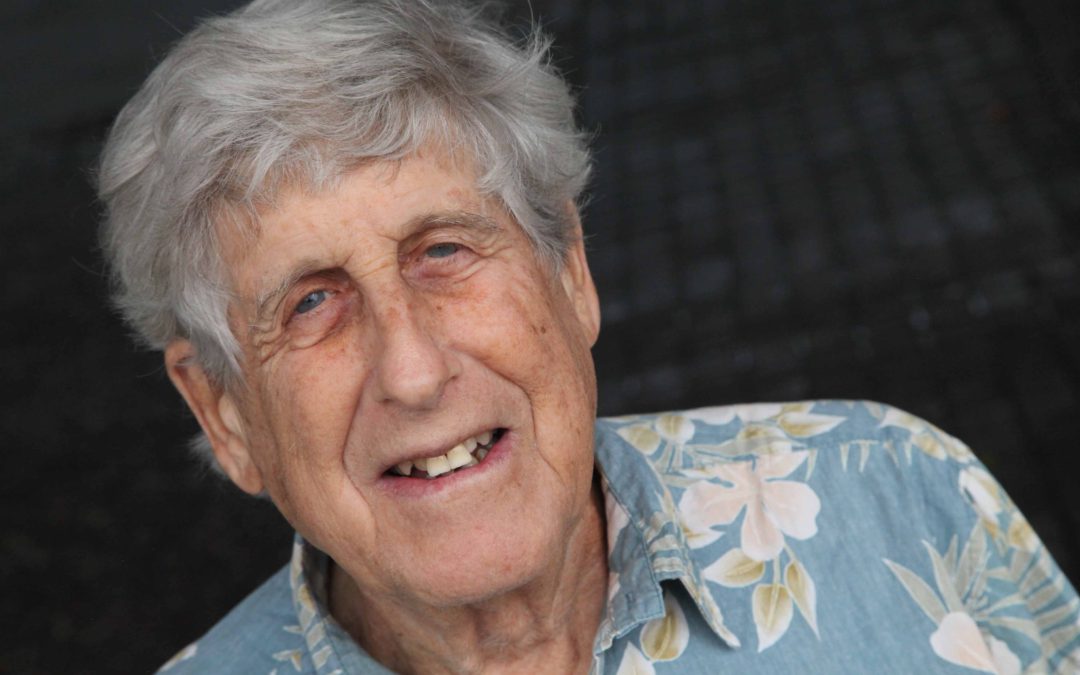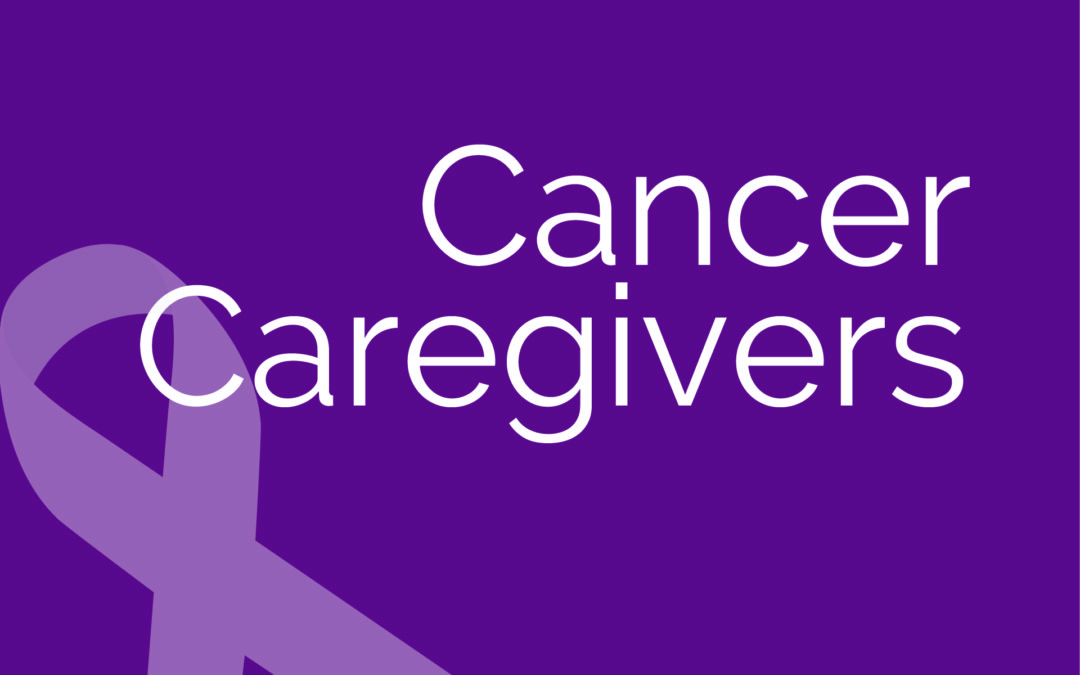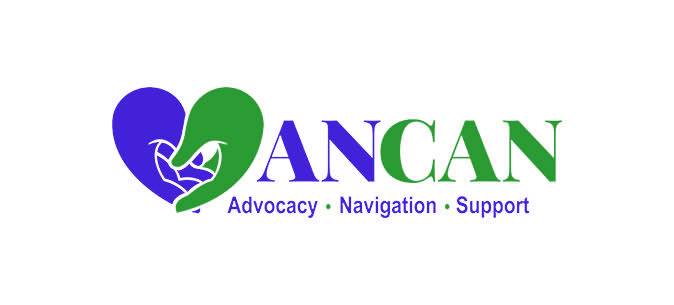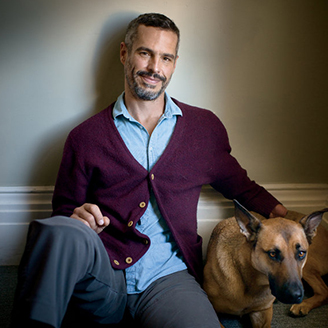
by Rick Davis | Apr 11, 2021 | Advocacy, AYA, Blood Cancers, Cancer Caregivers, Cancer Resources, Maui, mCRPC, Men 'Speaking Freely', Men's Breast Cancer, nmCRPC, Prostate Cancer, Recent News
Peter Kafka, our Board Chair and Lead Moderator for several of our video-chat virtual support groups, poignantly reflects this week on the meaning of 7 years living with his prostate cancer. (rd)
One subject that comes up fairly often in our prostate cancer support calls is “fatigue”. Usually in the context of dealing with physical fatigue as a side effect of various treatment drugs. But I am thinking today about a different level of fatigue that affects us mentally and emotionally. We hear a lot about this in regards to the ongoing Covid-19 pandemic. A year or so into it and people are crying out, “Enough already!”. But I would guess that many of you feel the same sentiment regarding your ongoing experience with a prostate cancer diagnosis.
I have reached my 7-year anniversary since my official diagnosis of prostate cancer. What is it about the number seven? Yes, it has some kind of man-made spiritual significance. The seven colors of the rainbow, the seven days of the week, Snow White and the Seven Dwarfs and of course the Seven-year Itch. But as I (celebrate?) this seven-year anniversary of dealing with my prostate cancer I hear myself crying out, “Enough Already!”. Fatigue is setting in.
I have done my best to look at this disease from a wide variety of angles. The friendships I have made with many of you. The increased understanding of the dynamics of prostate cancer among an ever-increasing body of men and women. The empowerment of taking on the job of being one’s own best advocate. But in honesty, prostate cancer and all the accompanying side effects of the variety of treatment modalities that I have, and continue to experience, bring on a good deal of mental and emotional fatigue.
I don’t believe that medical science graphs this fatigue factor. We read a lot about “overall survival – OS” or “progression free survival – PFS”. I guess the category of “Quality of Life” might come closest to what I am talking about, but it doesn’t quite capture the essence. I suspect that any of you who have been on this journey for any length of time know what I am talking about. I don’t have an answer, and I am certainly not selling any kind of snake oil for treatment. I know in my heart and mind that this bump in the road will pass and I will move forward. I always do.

by Alexa Jett | Apr 6, 2021 | Advocacy, Blood Cancers, Cancer Resources, Recent News
Michele Nadeem-Baker is definitely a ‘Wonder Woman’. She is the lead moderator of our Blood Cancers Virtual Support Group, chronic lymphocytic leukemia (CLL) patient advocate, along with many more accomplishments!
Michele was profiled by our friends at Patient Power for all the incredible work she has done, and is doing for the entire blood cancer community. We love her work on raising awareness for clinical trials.
One of the most important things to Michele was helping people understand how clinical trials work, like the phase II trial she participated in, emphasizing that patients “are getting tomorrow’s treatment today,” she said. Clinical trials are at the forefront of treatment options these days, offering state-of-the-art treatments. In cancer care, it is not placebo versus real treatment. Michele’s trial was a drug combination trial of two different treatment protocols simultaneously
Learn why Wonder Woman inspires her, advocating from the treatment chair, and so much more by clicking here to read the full article.

by Alexa Jett | Feb 23, 2021 | Blood Cancers, Cancer Caregivers, Cancer Resources, Men's Breast Cancer, Ovarian Cancer, Prostate Cancer, RMC, Thyroid Cancer, Women's Breast Cancer
Wendy Garvin Mayo, APRN, RN is really popular in the AnCan universe! While you’ll find her at our Cancer Caregivers Virtual Support Group meetings, her resources and wisdom often pops up in many of our groups.
Wendy had a great blog post to share from our friends at Cure. Titled “The Cancer ‘Bombshell’: 8 Tips for Devoted Caregivers“. With great practical advice and commentary, we’re sure you will find this incredibly helpful. My caregiver, my mom Lisa, will especially appreciate tip number 8. Hint: it’s about her favorite food.
For information on our peer-led video chat CANCER CAREGIVERS VIRTUAL SUPPORT GROUP, click here.
To SIGN UP for the Group or any other of our AnCan Virtual Support groups, visit our Contact Us page

by Rick Davis | Feb 21, 2021 | Advocacy, Blood Cancers, Brain Tumors, Cancer Caregivers, Cancer Resources, hospice and palliative, Maui, mCRPC, Men 'Speaking Freely', Men's Breast Cancer, Multiple Sclerosis, Ovarian Cancer, Prostate Cancer, RMC, Sarcoidosis, Thyroid Cancer, Women's Breast Cancer
Consequences of Compromised Health Care
This week, Peter Kafka considers how the constraints on providing health care during the pandemic may have long term consequences.
As an editorial note, we now see how discouraging PSA testing has come back to haunt us. The American Cancer Society projections for new prostate cancer cases in 2021 have leapt 30% from 2020 to 2021 reaching ca. 249,000. Ancan puts it down largely to built-up backlog due to lack of testing. (rd)
As I sit down to compose this reminder notice for our upcoming meeting, I am very much aware that here in the USA this weekend we will probably reach the milestone of half a million recorded deaths from Covid-19 in the year since the first deaths were reported. Regardless of how you might process numbers such as this, one thing for sure is that this Pandemic has flipped much of our healthcare system on its head and that impacts all of us. And of course, this is not only true in the US, but throughout the world.
Just the other day, “I heard it through the grapevine… that my medical oncologist (for the past 6-1/2 years) would no longer be mine”. Yes, the thriving practice that he was such an integral part of began losing so much money this past year that he had to depart for his own financial security. Many independent medical practices are struggling as are hospitals that depended upon elective surgery and emergency room visits to remain financially viable. People just aren’t going to the doctor the way they used to in 2019.
Men were notorious for avoiding doctors even before this pandemic. But now it is amplified. For those that are healthy and young the impact is minimal. But for those who are older and have increased risk of serious illness and disease such as cancer, the impact on both men and women is considerably higher. Statistics are now rolling in comparing the diagnosed incidence of various cancers in 2020 to the totals of 2019 BC (Before Covid). The difference is substantial and not just a statistical fluke. Someone might take this to mean, “Great, cancer rates are dropping”! But unfortunately, this is not the case. Men and women are forgoing routine screening and testing for cancer for fear of going to hospitals, clinics and doctors.
Unfortunately, the implication is that in the months and years ahead there may well be a significant rise in the number of cancer cases that have advanced to a more serious metastatic stage because of a decline in early detection and early treatment. While the incidence of seasonal flu has slowed way down in this age of Covid-19, prostate cancer as well as other cancers and serious illness are still chugging along at the same clip, but just not being diagnosed. So, I think I will leave it there for you to draw your own inferences. If it were me, I would encourage anyone I know not to ignore symptoms and concerns about their health even if it is more difficult to get medical help.

by Rick Davis | Feb 10, 2021 | Advocacy, Blood Cancers, Brain Tumors, Cancer Caregivers, Cancer Resources, Health Resources, hospice and palliative, Maui, mCRPC, MedaFit, Men 'Speaking Freely', Men's Breast Cancer, Multiple Sclerosis, nmCRPC, Nutrition, Ovarian Cancer, Prostate Cancer, Recent News, RMC, Sarcoidosis, Thyroid Cancer, Webinars, Women's Breast Cancer
Dr. B.J. Miller’s Prognosis Declaration Can Revolutionize the Quality of Your Treatment Path
One of the most compassionate, influential and remarkable docs I have had the great fortune to encounter since I got into this biz, is Dr. BJ Miller. We are honored to have BJ on our Advisory Board, and while we rarely speak live, I consider him a friend.
More significantly, a couple of men lost to this disease who I have known well, welcomed BJ to their medical teams …. and he made a huge difference to them. In a recent webiinar “Making Medical Decisions”, BJ shared a revolutionary document with us ….BJ’s Prognosis+Declaration
All too often medical teams put their foot in their mouth …. and sometimes unwittingly yours, when they provide an unrequested prognosis for your situation. Some may want to know how serious their disease is .. or how long they have to live; others frequenbtly do not. The Prognosis Declaration offers four (4) options from knowing everything to knowing nothing, or maybe having your caregiver know but not you. You determine what you want to hear, and you give the Prognosis Declaration to your medical team upfront ….. brilliant! The form was developed by one of BJ’s patients who lost his wife to cancer.
The whole webinar, Managing Your Medical Decisons, can be heard here – it’s truly worth a listen.
Dr. Miller, btw, now runs his own non-profit organization The Center for Dying and Living. For many years he has been on the clinical and teaching faculty at UCSF. BJ’s remarkable TED Talk, ” What Really Matters At THe End of Life” now boasts over 12 million views.





